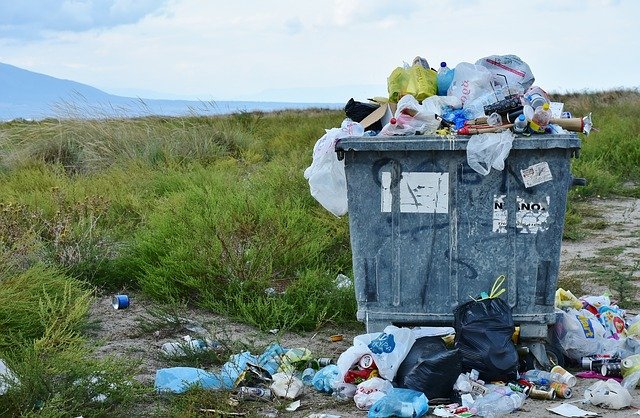
Waste is a significant environmental issue that affects our planet’s health and well-being. From pollution to climate change, waste profoundly impacts our environment. As the world’s population continues to grow, so does the amount of waste generated, and this question- “How Does Waste Affect The Environment? “- becomes increasingly significant.
In Australia, waste management has become a top priority for government agencies and private companies, focusing on reducing waste generated and finding more sustainable ways to manage it.
How Does Waste Affect The Environment?
Orange Bins does its bit for the environment by providing the best Penrith skip bins and handling waste responsibly. Let’s look at how waste affects the environment:
- One of the immediate effects of waste on the environment is pollution. When waste is improperly disposed of, it can contaminate the air, water, and soil. This pollution can have severe consequences for the health of wildlife and ecosystems. For example, plastic waste in the ocean can harm marine life, including fish, turtles, and whales. When these animals mistake plastic for food, it can cause internal blockages that can be fatal. In addition, plastics can release toxic chemicals into the water, harming other marine organisms.
- When waste is burned, it can release harmful chemicals into the air, including nitrogen oxides, sulfur dioxide, and carbon monoxide. These pollutants can contribute to respiratory issues, including asthma, other respiratory illnesses, and heart disease. These health problems can particularly concern vulnerable populations, including children and the elderly.
- Beyond pollution, waste can also contribute to climate change. When organic waste, such as food and yard waste, is sent to landfill sites, it decomposes and produces methane gas, which is a potent greenhouse gas, significantly more potent than CO2 in terms of its impact on the climate. This methane gas can escape from landfill sites and contribute to global warming, leading to extreme weather events, rising sea levels, and other climate-related issues.
- The production of goods and the disposal of waste require energy, which can come from fossil fuels. The production of goods, from raw materials to manufacturing, requires significant energy. This energy can come from non-renewable sources, such as oil and coal, contributing to greenhouse gas emissions. Similarly, waste disposal requires energy, whether through incineration or transportation to landfill sites. This energy can also come from fossil fuels, contributing to further greenhouse gas emissions.
How Can We Reduce The Impact Of Waste On The Environment?
Reducing waste and finding more sustainable ways to manage it is critical for protecting the environment, including:
- One approach to reducing waste is to practice the 3 R’s: reduce, reuse, and recycle.
- Composting organic waste can divert it from landfill sites and create a valuable resource for gardens and agriculture.
- Investing in renewable energy sources, such as solar and wind power, can reduce the energy generated from fossil fuels.
Choose The Best Penrith Skip Bins
Now that you know how waste affects the environment, having a provider who can help manage waste generated on your property is also crucial. Our company stands out as a top player in this industry. Our proficiency extends beyond providing Penrith skip bins and collecting waste from your premises.
We are devoted to delivering services catering to our client’s needs, providing them with convenience, cost-effectiveness, and efficient waste management solutions.
If you need more information about how we can help with your waste management requirements with our Penrith skip bins, please call Orange Bins at 1300 767 006 or email us through this Online Form, and we will contact you soon to discuss your requirements for skip bins or other waste management.
